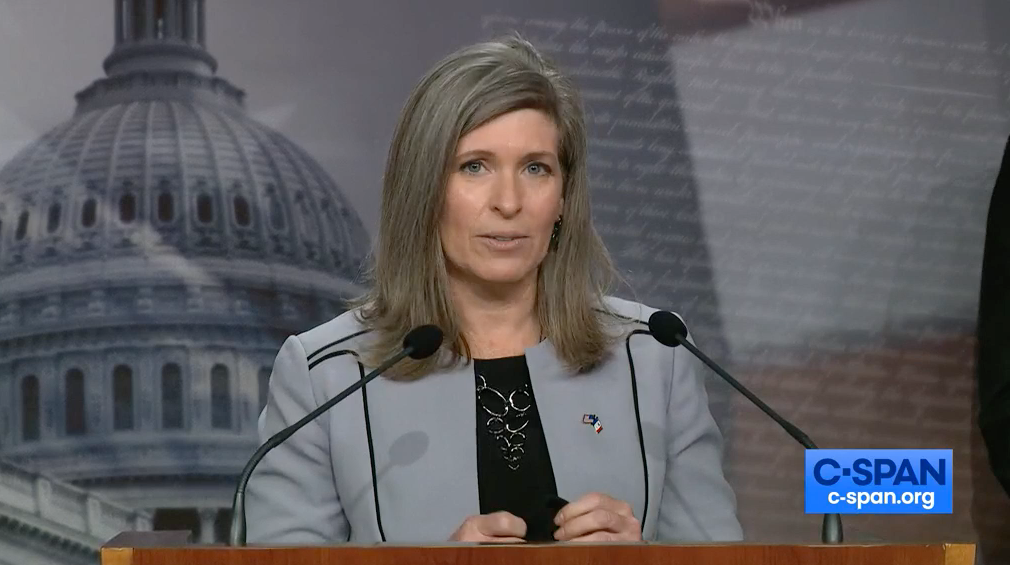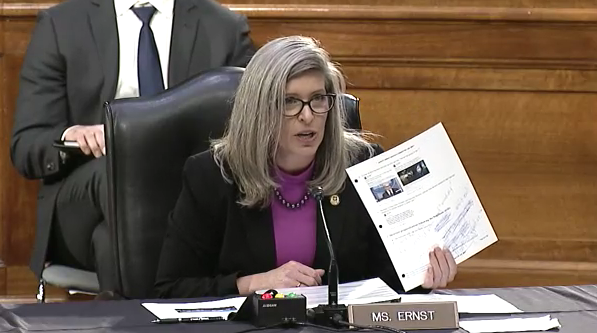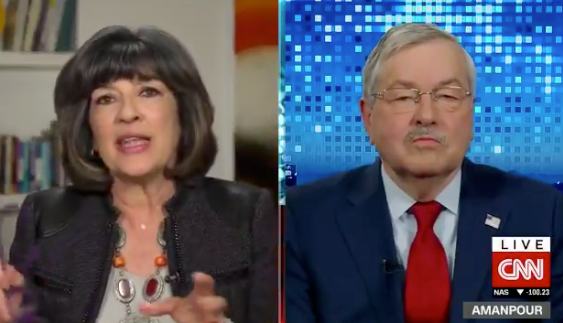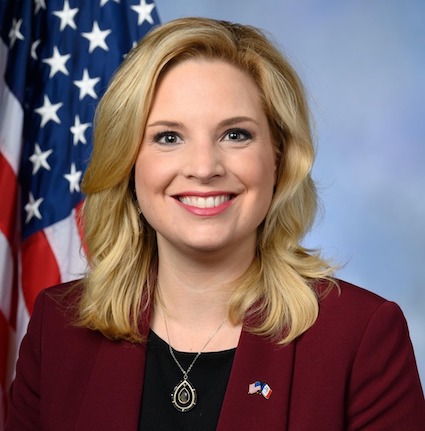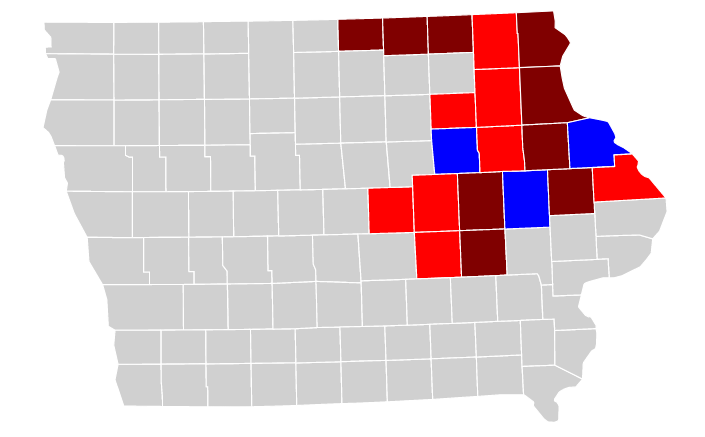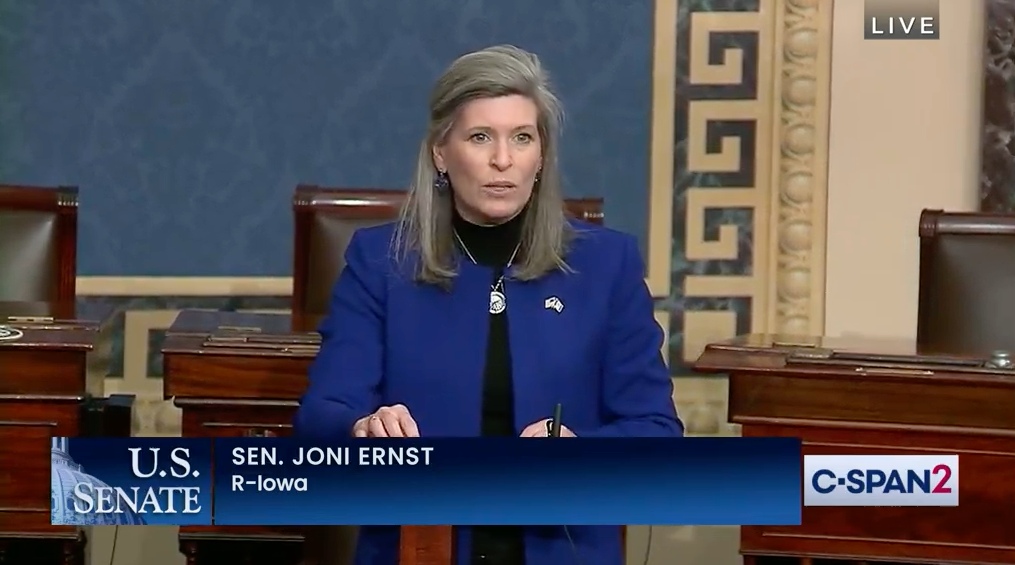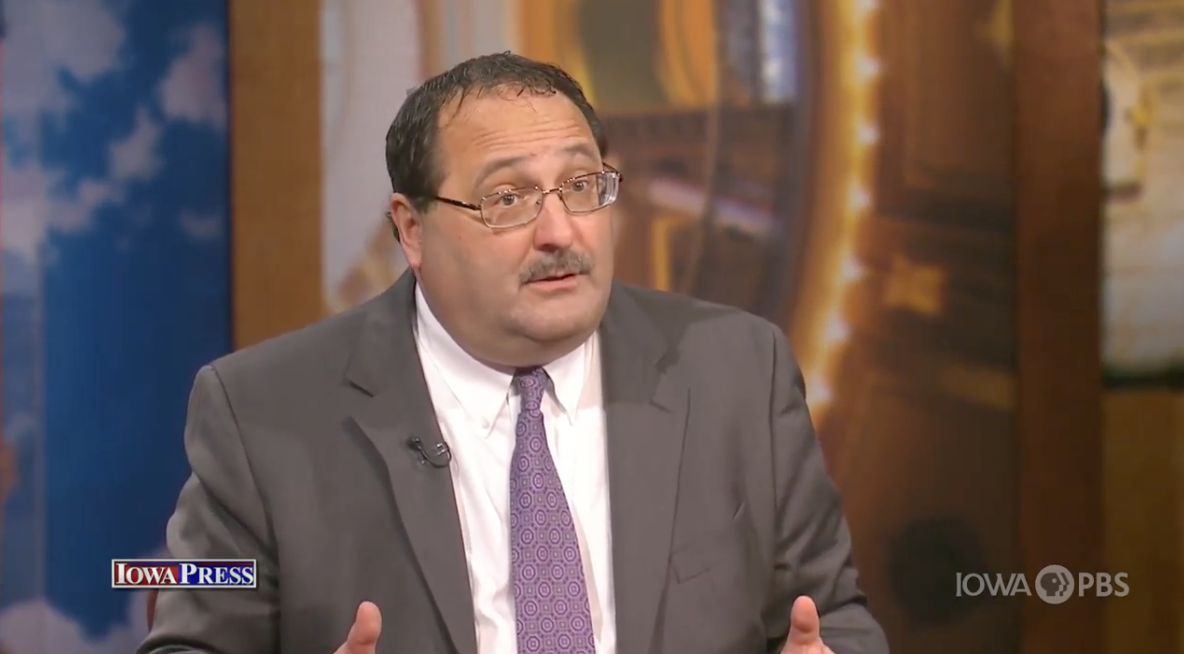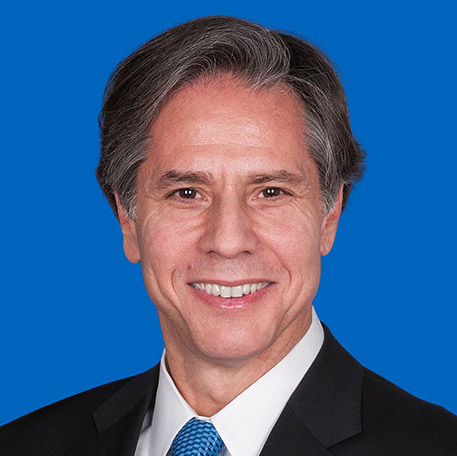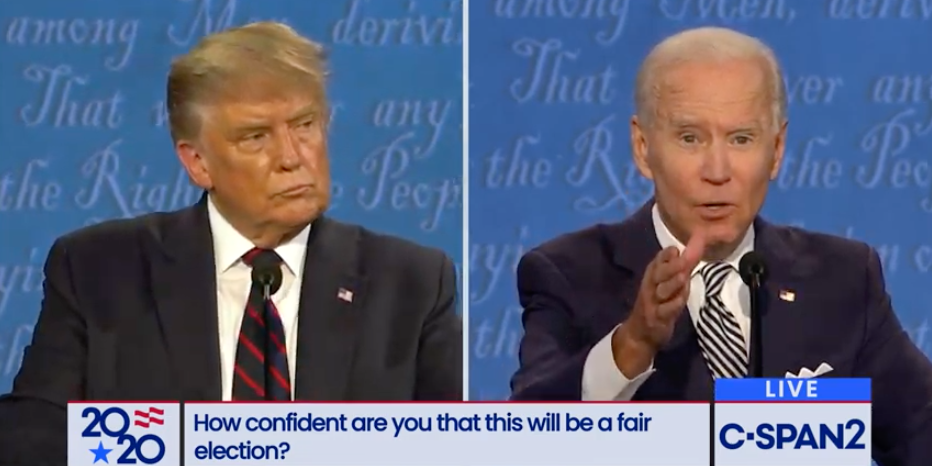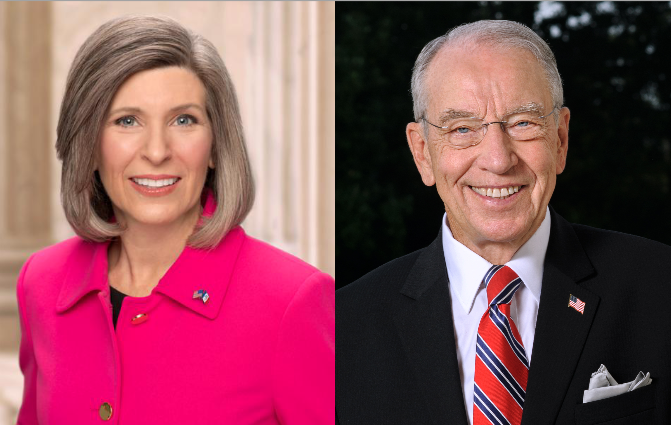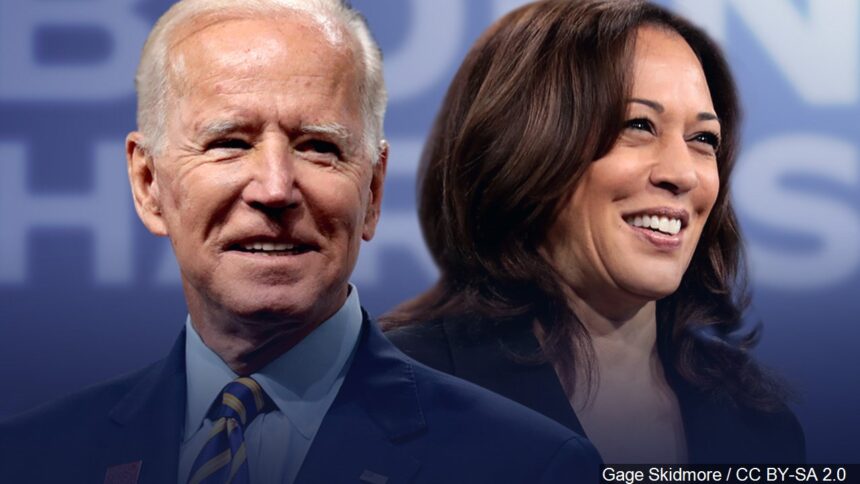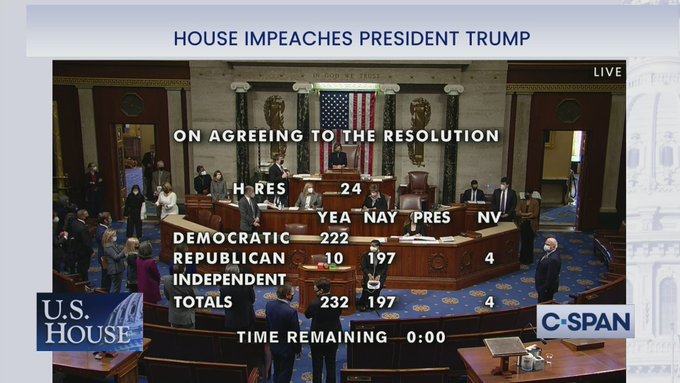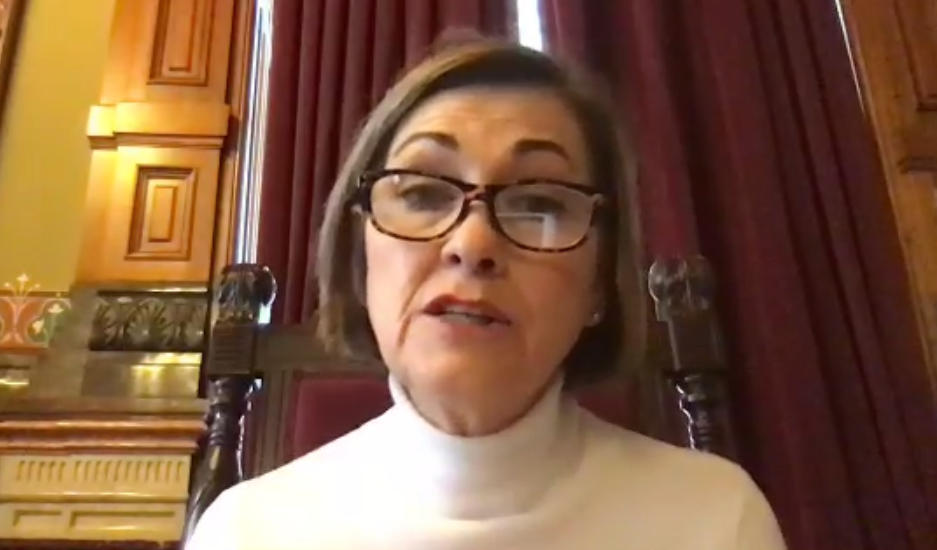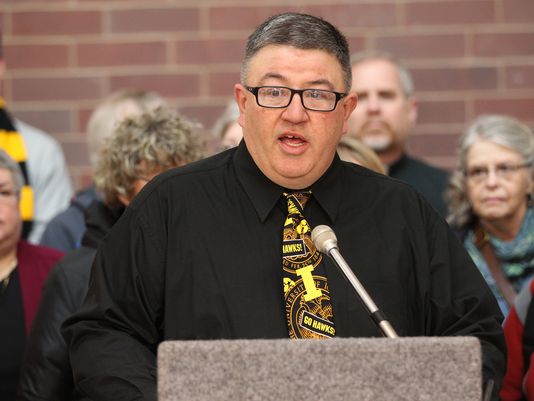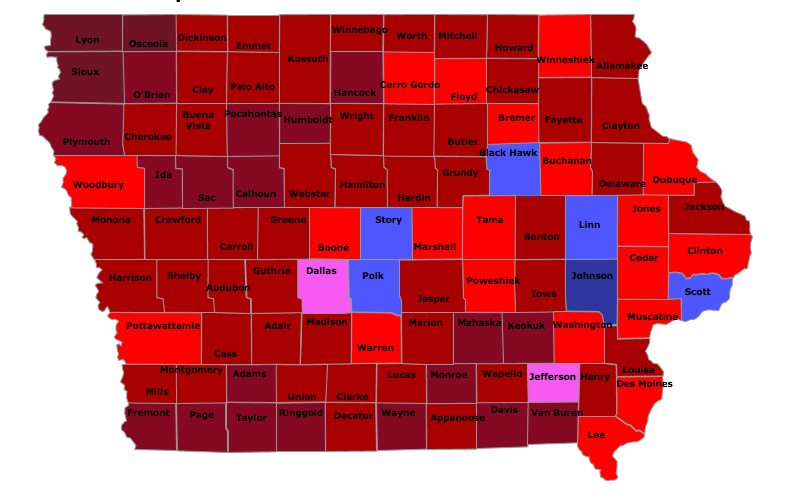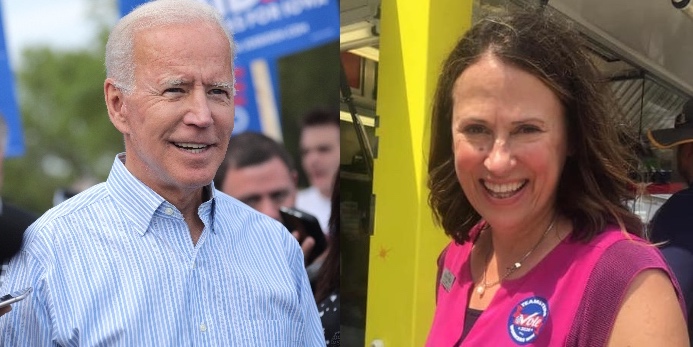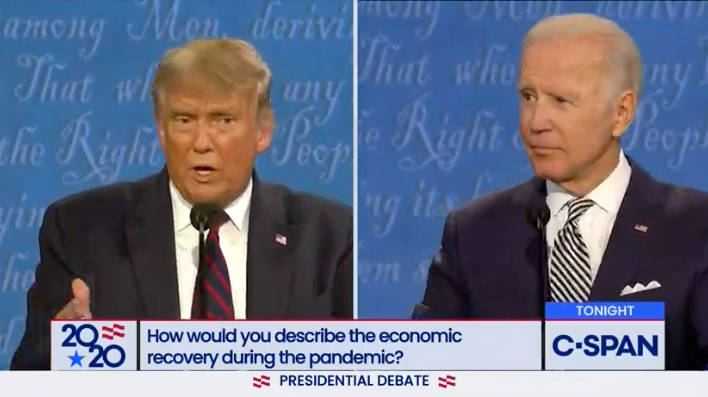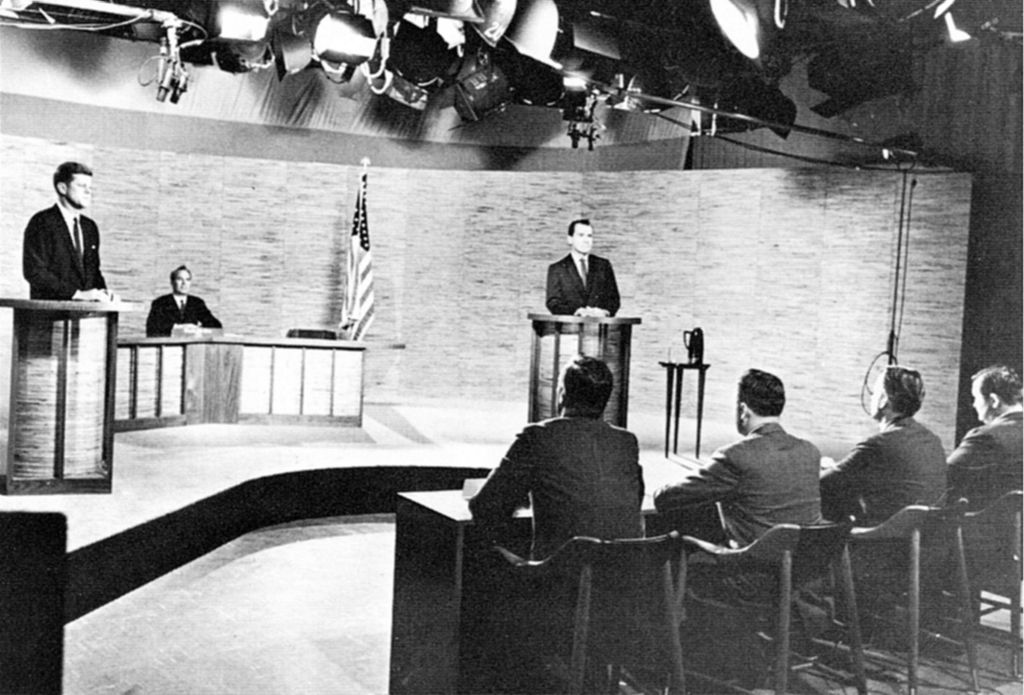Mitch Henry: The first step toward getting the state and the nation back on track is electing leaders with the vision and experience to deal with the challenges we face. -promoted by Laura Belin
Iowa faces many challenges in the months and years ahead.
On the economic front, our unemployment rate is 6 percent, nearly twice what it was before the COVID-19 pandemic began. The Iowa Leading Indicators Index, a mix of economic metrics showing where our economy is headed, “strongly suggests” that the state economy will weaken through 2021.
In health care, we are moving in the wrong direction both short-term and long-term. In the short-term, our state has been unable to get a handle on the COVID crisis. Eight months into the pandemic, we continue to set records for hospitalizations and cases. Long-term, we are going to have to help the 24,000 Iowans who have lost insurance since 2016.
Then there is the climate crisis. Whether or not you believe this summer’s derecho was a direct result of climate change, all of us can agree that warming temperatures and more severe weather will have a negative impact on our state.
Continue Reading...


